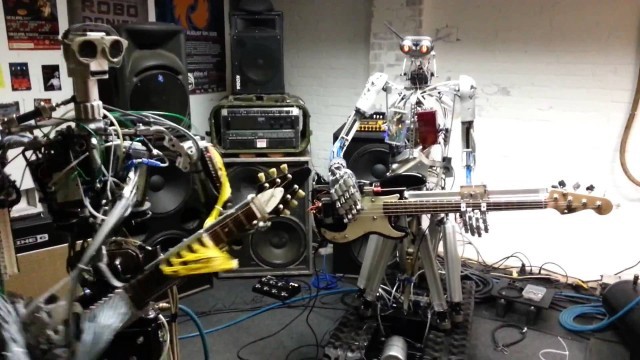
Heralded as a testament to our creative capacity, the ability to compose and appreciate music is one of the primary distinguishing factors between our intellect and that of the remaining animal kingdom. The Defensive Advanced Research Projects Agency (DARPA) seeks to harness this cerebral individuality by teaching an AI software how to play jazz music, a seemingly odd goal for a military agency — why not classical music or electronica?
What at first glance appears to be pork barrel spending of the tax dollars, the agency’s scope in this enterprise is a tad more nefarious when considering the underlying nature of jazz music. Jazz music is partially characterized by improvisation, requiring spontaneous, real-time adjustments in response to changes in the song’s progression. Upon further inspection, this description bears a very close resemblance to the fog of war encountered by military generals in the throe of battle, where strategy must be adapted on the fly in response to enemy action. Under this pretense, DARPA’s particular interest in jazz makes a bit more sense.
As with most contemporary ventures into the realm “artificial intelligence,” the project was realized through a deep learning algorithm trained to detect the subtle differences within a particular dataset, in this case a massive database consisting of thousands musical performances by the best jazz musicians of all time. By analyzing the big data, the software “learned” to identify the criteria that characterizes a successful improvisation.
Assuming the project is a success and machines manage to best us on something as fundamentally human as music originating from the “soul,” then we may be on the cusp of an entirely new paradigm in military strategy where software shifts from a passive, consultative role to a more dynamic and determinant role.
Source: Extremetech
Advertisement
Learn more about Electronic Products Magazine





